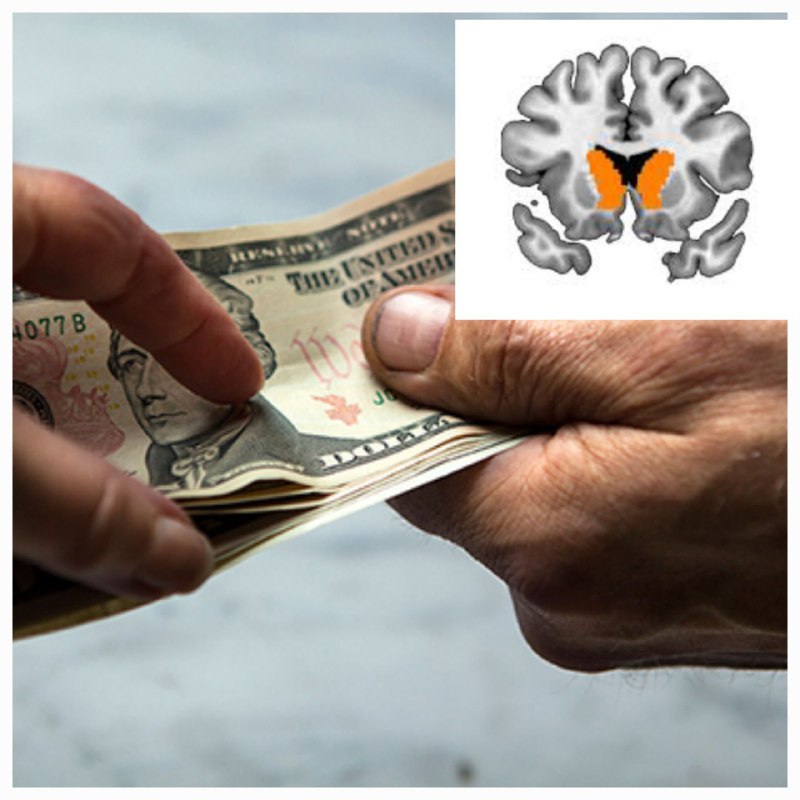Is Risk-Taking Behavior Contagious?
Why do we sometimes decide to take risks and other times choose to play it safe? In a new study, Caltech researchers explored the neural mechanisms of one possible explanation: a contagion effect.
O’Doherty and his colleagues found that the participants were much more likely to make the gamble for more money in the “Self” trial when they had previously observed a risk-taking peer in the “Observe” trial. The researchers noticed that after the subjects observed the actions of a peer, their preferences for risk-taking or risk-averse behaviors began to reflect those of the observed peer—a so-called contagion effect. “By observing others behaving in a risk-seeking or risk-averse fashion, we become in turn more or less prone to risky behavior,” says Shinsuke Suzuki.
🆔@neurocognitionandlearning
>>Click here to continue<<

